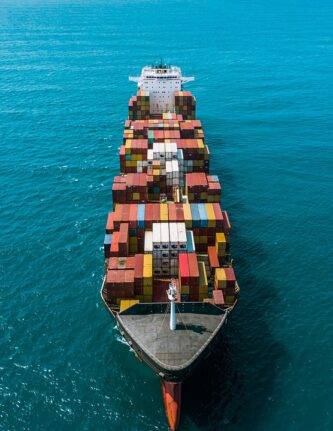-
DiMuto’s technology gives more visibility and traceability of end-to-end supply chain as fruits and vegetables move from farm to table
-
Aleta Planet’s B2B payment system allows importers and exporters to make and receive payments seamlessly, speedily and at lower cost
-
Aleta Planet’s parent, Asia Capital Pioneers Group, looking to step up trade financing for agrifood industry























